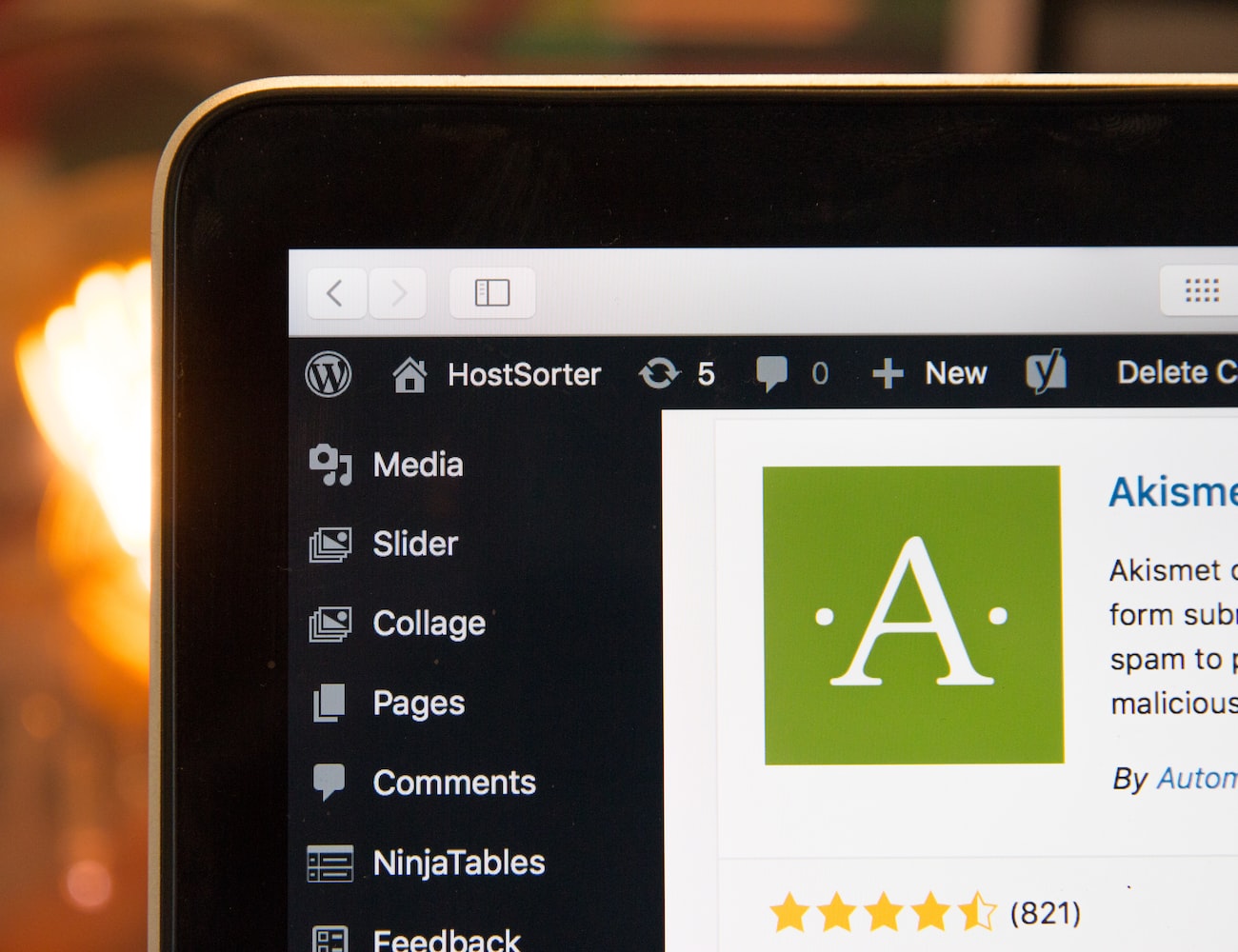Web Development The Benefits of Using a Content Management System (CMS) for Your Website
A content management system (CMS) is a powerful tool for managing and updating a website. In this blog post, we'll explore the benefits of using a CMS for your website.

If you have a website, chances are you'll need to update the content on it at some point. This is where a content management system (CMS) can be useful. A CMS is a software application that allows you to create, edit, and manage the content on your website.
There are several benefits to using a CMS for your website:
- Simplicity: A CMS makes it easy for users with little to no technical expertise to update and manage their website. This can save time and resources, as you won't have to rely on a developer to make simple updates.
- Collaboration: A CMS allows multiple users to collaborate and work on the same website, making it easier to manage and update content.
- Customization: Most CMS platforms offer a variety of themes and templates to choose from, allowing you to customize the look and feel of your website to match your brand.
- SEO benefits: A CMS can make it easier to optimize your website for search engines. Many CMS platforms offer built-in SEO features, such as customizable URLs and the ability to add metadata and alt tags to images.
- Security: A CMS can help protect your website against security threats such as malware and hacking. Many CMS platforms offer security updates and patches to help keep your website safe.
Here is a list of the most used CMS platforms:
- WordPress: WordPress is a versatile and user-friendly CMS that powers over 37% of all websites on the internet. It offers a wide range of themes, plugins, and customization options, making it a popular choice for bloggers, small businesses, and e-commerce websites.
- Drupal: Drupal is a highly scalable and flexible CMS that is suitable for large and complex websites. It offers a range of advanced features such as granular user permissions and multilingual support.
- Shopify: Shopify is a popular e-commerce CMS that is suitable for small to large online stores. It offers a range of features such as customizable templates, payment gateway integration, and inventory management.
- Magento: Magento is a powerful and flexible e-commerce CMS that is suitable for large and complex online stores. It offers a range of features such as customizable templates, payment gateway integration, and advanced marketing and SEO tools.
- Squarespace: Squarespace is a user-friendly CMS that offers a range of customizable templates and features for creating websites and online stores. It is suitable for small businesses, bloggers, and e-commerce websites.
- Wix: Wix is a user-friendly CMS that offers a range of templates and features for creating websites and online stores. It is suitable for small businesses, bloggers, and e-commerce websites.
Headless CMS platforms are a type of content management system that allow you to manage and deliver content through APIs, rather than traditional templates. Some popular headless CMS platforms include:
- Contentful: Contentful is a cloud-based headless CMS that offers a range of features such as customizable content types, media management, and multilingual support. It can be used to power websites, apps, and other digital experiences.
- Prismic: Prismic is a headless CMS that offers a range of features such as customizable content types, media management, and API-based delivery. It is suitable for websites, apps, and other digital experiences.
- Strapi: Strapi is an open-source headless CMS that can be used to build websites, apps, and other digital experiences. It offers a range of features such as customizable content types, media management, and plugin support.
- GraphCMS: GraphCMS is a cloud-based headless CMS that offers a range of features such as customizable content types, media management, and API-based delivery. It can be used to power websites, apps, and other digital experiences.
- ButterCMS: ButterCMS is a headless CMS that offers a range of features such as customizable content types, media management, and API-based delivery. It is suitable for websites, apps, and other digital experiences.
Overall, a CMS can make it easier and more efficient to manage and update your website. If you're not already using a CMS for your website, it's worth considering the benefits and how it can help your business.
Andrei Nastasa

Andrei Nastasa
7 min read
Get started on your dream website today.
Don't let your dreams of creating a stunning website stay just that - take action and start building your dream website today. With the right tools and a little bit of effort, you can turn your vision into a reality and have a professional, functional website that showcases your talents and services to the world.
Let's Talk!